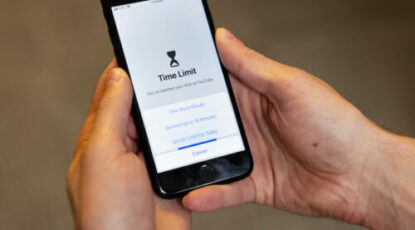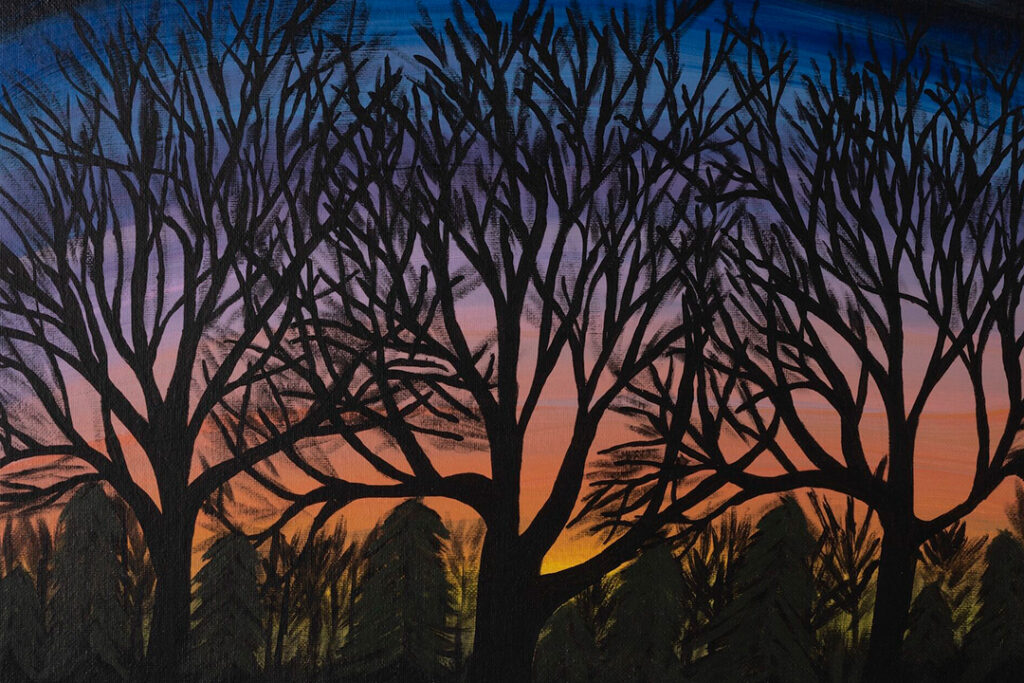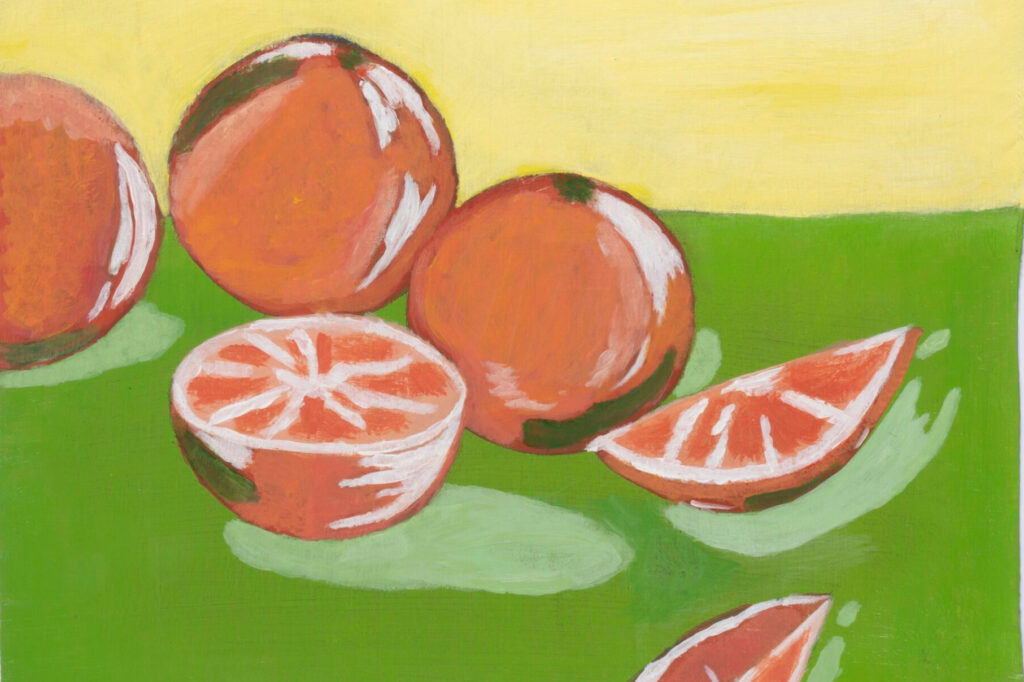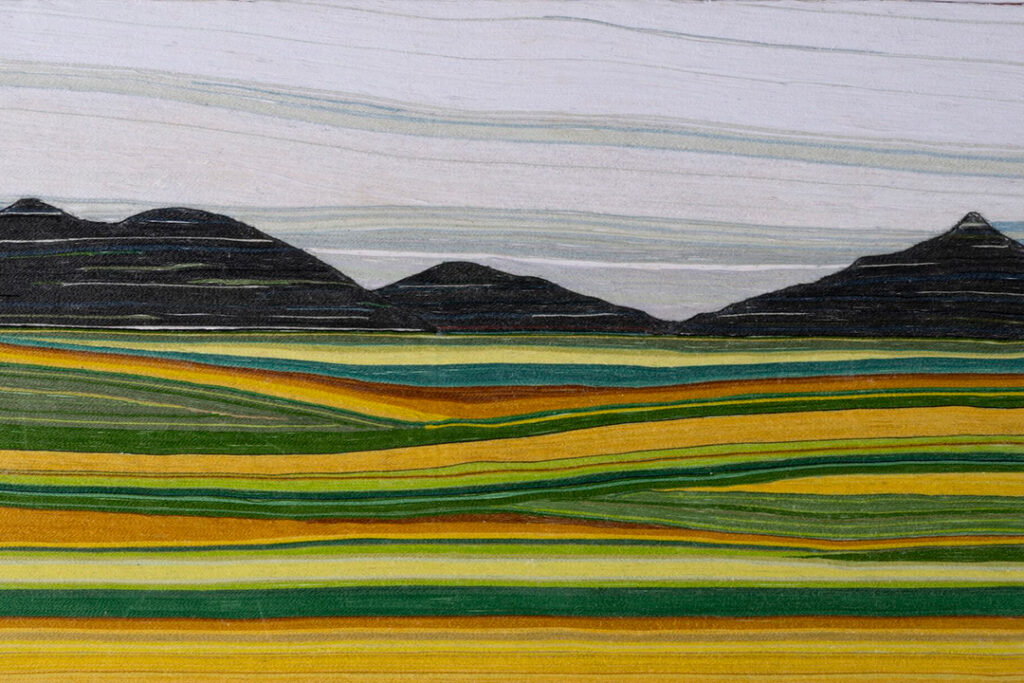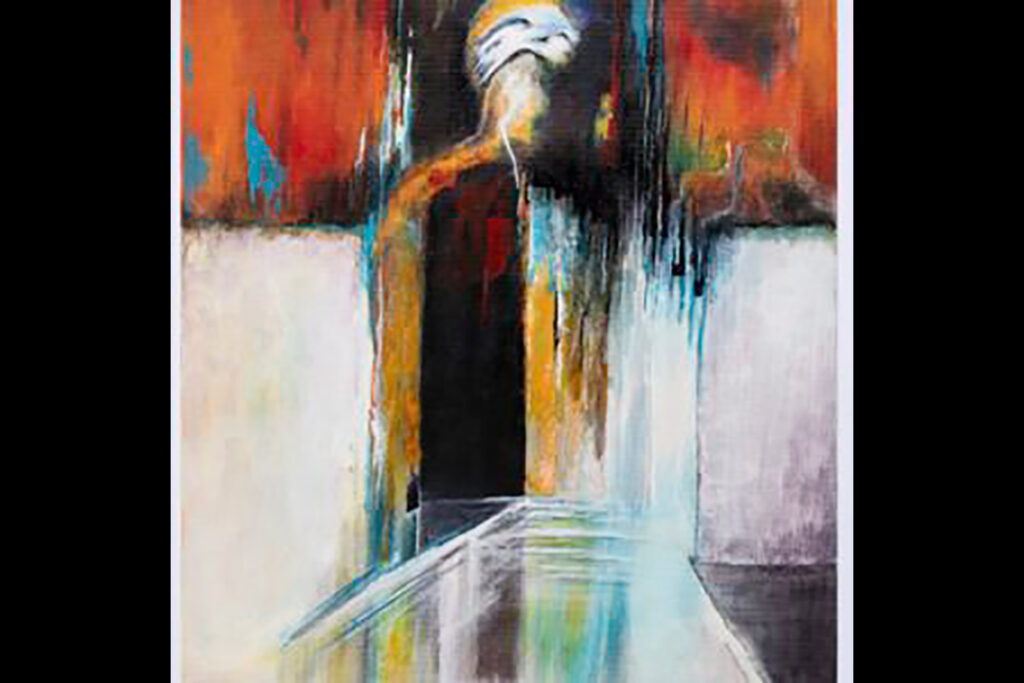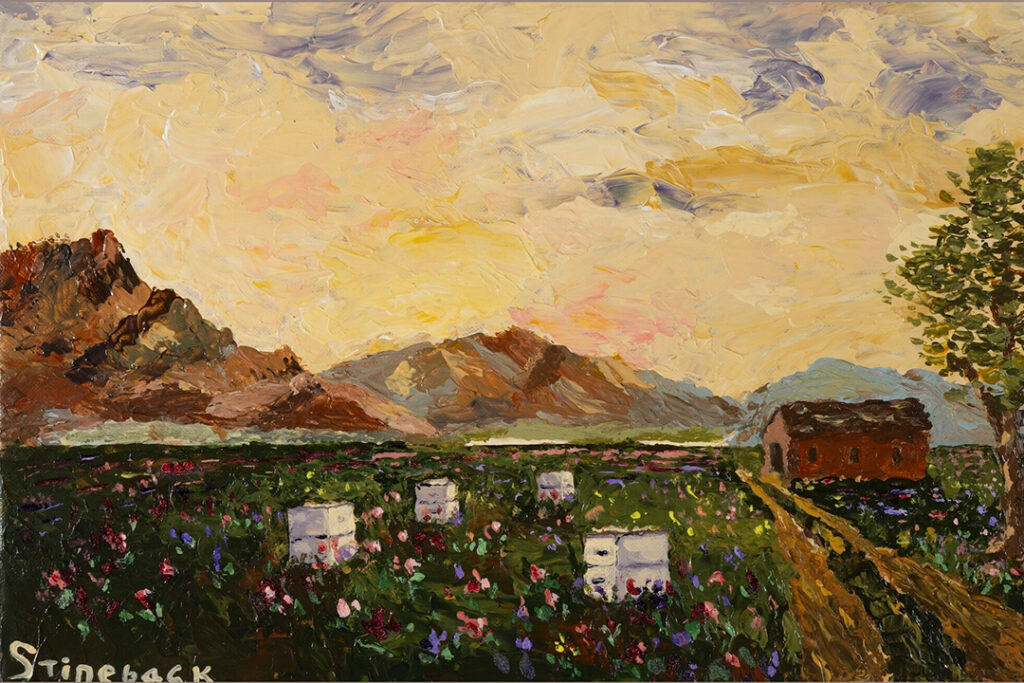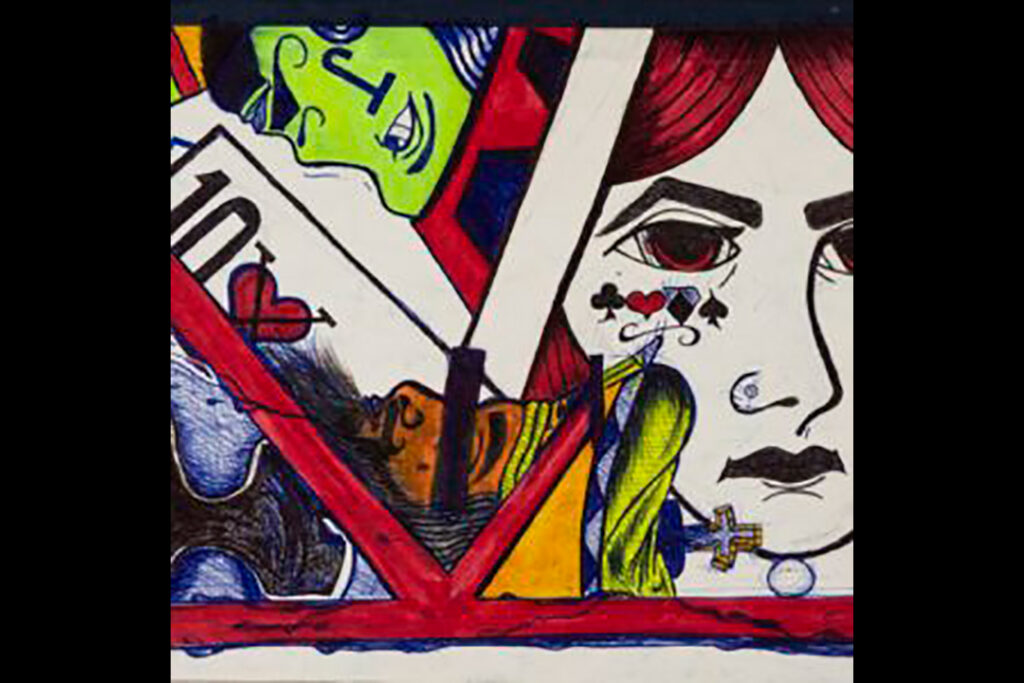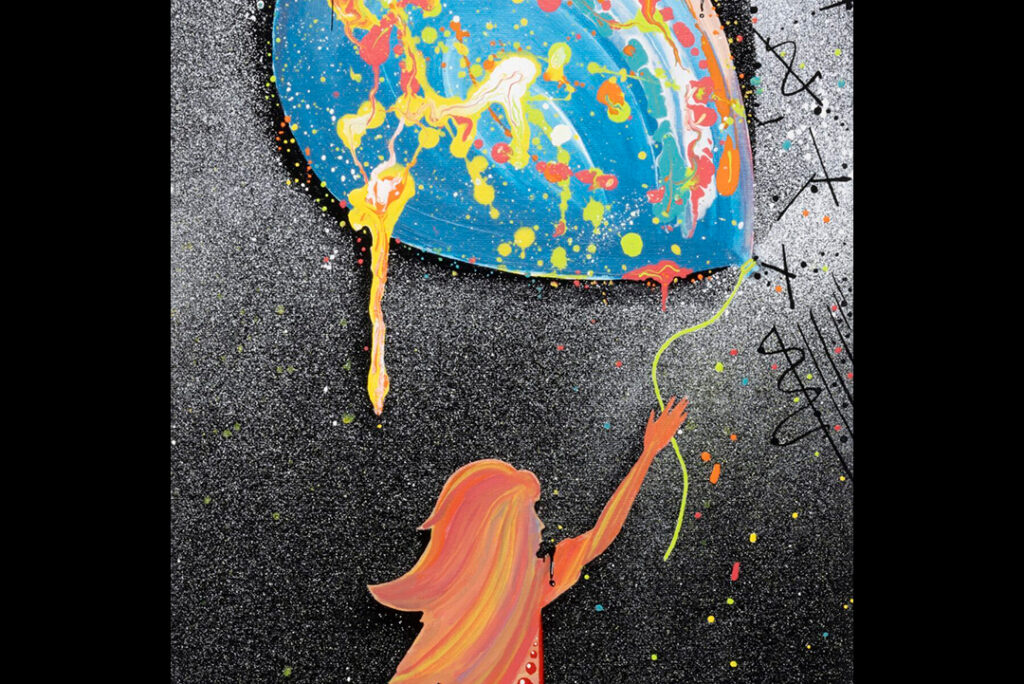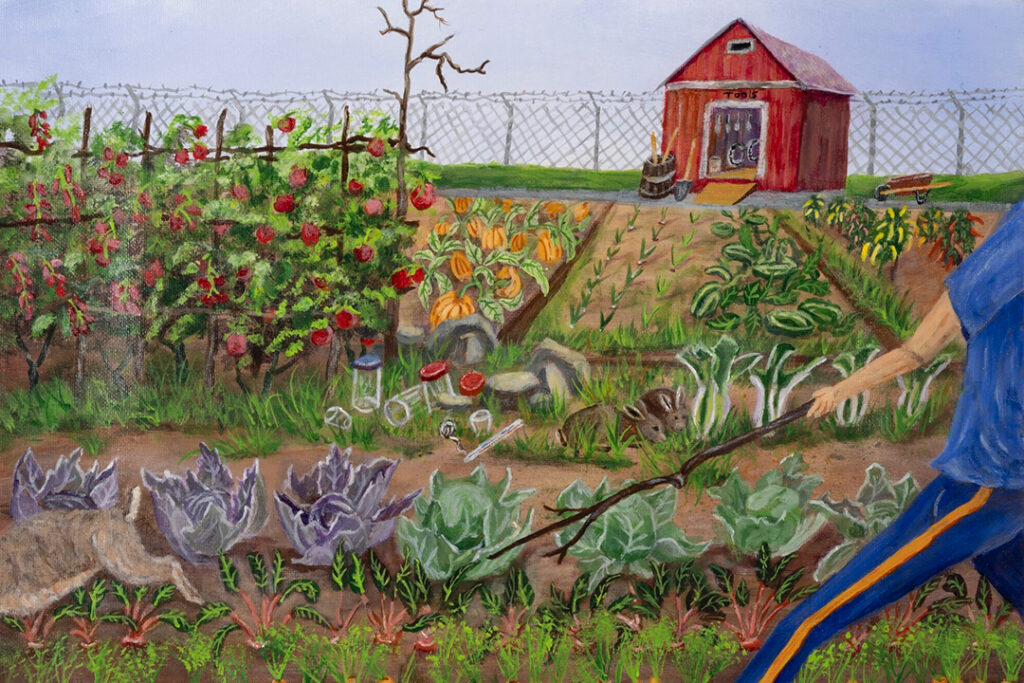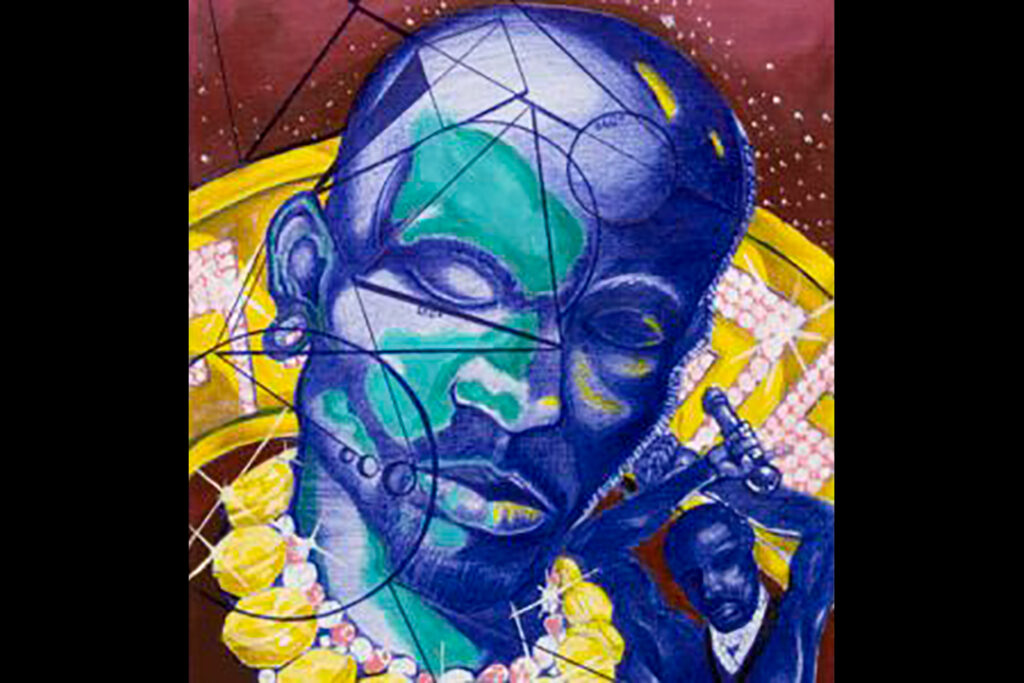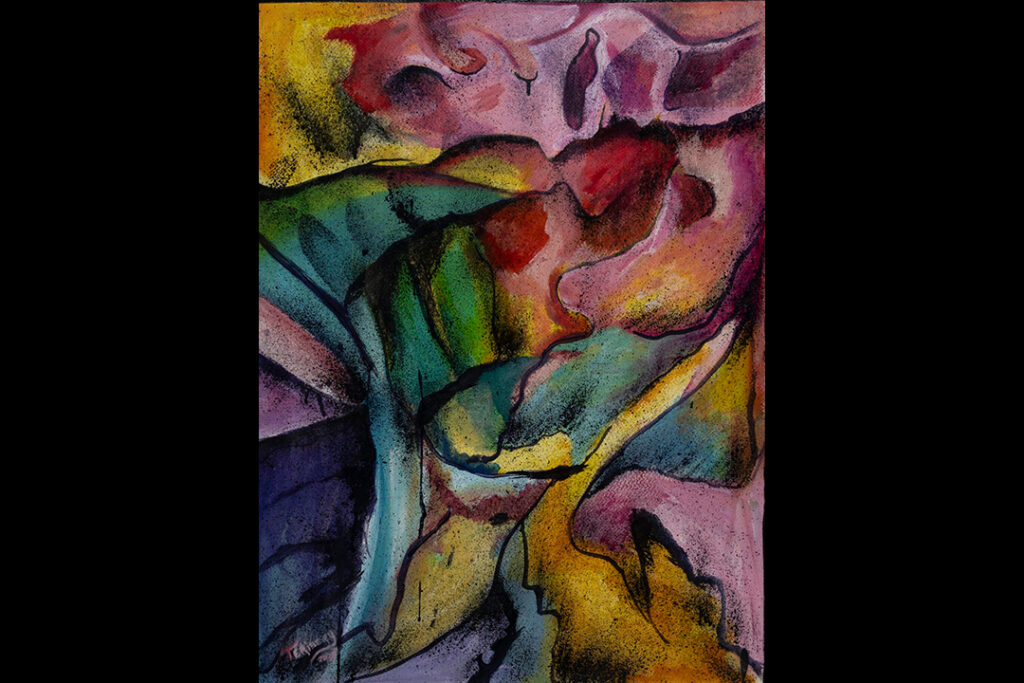Filling a gap: U-M students help combat Michigan’s shortage of rural dentists

Northern Michigan resident Becky Klein was surprised to learn that the dentists at the Thunder Bay Community Health Service clinic were students from the U-M School of Dentistry. They turned out to be just as competent and professional as seasoned practitioners, she said, and excellent communicators.
-
Most local officials support rooftop solar, a majority opposes nuclear power
Michigan’s local leaders overwhelmingly support adding rooftop solar infrastructure in their communities, while a majority strongly oppose developing nuclear power. According to the Michigan Public Policy Survey, 86% of local government leader respondents either strongly or somewhat support adding rooftop solar panels.
-
U.P. Scholars Program makes U-M degree a reality
Adjusting to Ann Arbor was easier with help from the U.P. Scholars Program, which provides need-based scholarships for limited-income students of up to $15,000 per year for four years. The program also provides social, academic and professional support.
-
AI chips could get a sense of time
Timekeeping in the brain is done with neurons that relax at different rates after receiving a signal; now memristors—hardware analogues of neurons—can do that too. Artificial neural networks may soon be able to process time-dependent information, such as audio and video data, more efficiently.
-
Michigan’s affirmative action debate
To settle the Black Action Movement strike in 1970, the University promised enough financial aid to raise Black enrollment to 10 percent. The aid promise was kept. But Black enrollment rose only by small increments through the 1980s. So Black students and their supporters insisted that U-M do more. (Part 2 of a 2-part series.)
-
Hey Siri, are we cool?
AI is developing rapidly, and there’s no consensus on what that means. Some think it will lead to human extinction. Others point out that it could help address medicine shortages or plan vacations. So what do humans do with all this? LSA faculty and alumni experts weigh in on what to make of AI’s changing landscape.
-
Managing screen time by making phones slightly more annoying to use
The best way to help smartphone users manage their screen time may be to make phones progressively more annoying to use, according to new U-M research. Delaying a phone’s swiping and tapping functions forces users to think harder, making it easier for them to consider whether to keep scrolling.
Columns
-
President's Message
Reaffirming our focus on student access and opportunity
U-M seeks to ensure every student will rise, achieve, and fulfill their dreams. -
Editor's Blog
Peace out
It's a mad, mad, mad, mad world out there. -
Climate Blue
Keeping our focus on climate
As federal support for climate science wanes, Ricky Rood remains hopeful. -
Health Yourself
Are you an ‘ager’ or a ‘youther’?
Why do some people appear younger or older than people born in the same year?
Listen & Subscribe
-
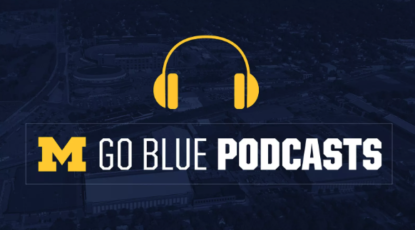
MGo Blue podcasts
Explore the Michigan Athletics series "In the Trenches," "On the Block," and "Conqu'ring Heroes." -
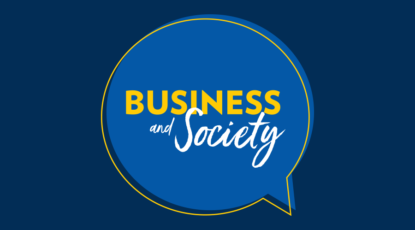
Michigan Ross Podcasts
Check out the series "Business and Society," "Business Beyond Usual," "Working for the Weekend," and "Down to Business." -
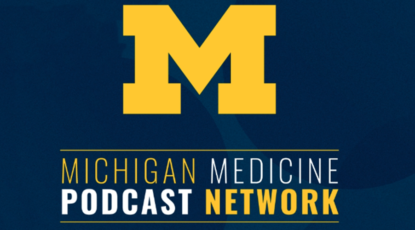
Michigan Medicine Podcasts
Hear audio series, news, and stories about the future of health care.
In the news
Creativity and connection across prison walls
One of the world’s largest and longest-running exhibitions of incarcerated artists is back with new programming designed to foster connection and deepen public understanding of incarceration in Michigan. The 29th annual Exhibition of Artists in Michigan Prisons, curated by U-M’s Prison Creative Arts Project, showcases 772 artworks by 538 artists incarcerated in 26 state prisons. The Duderstadt Center Gallery on U-M’s North Campus is presenting the artwork through April 1.






